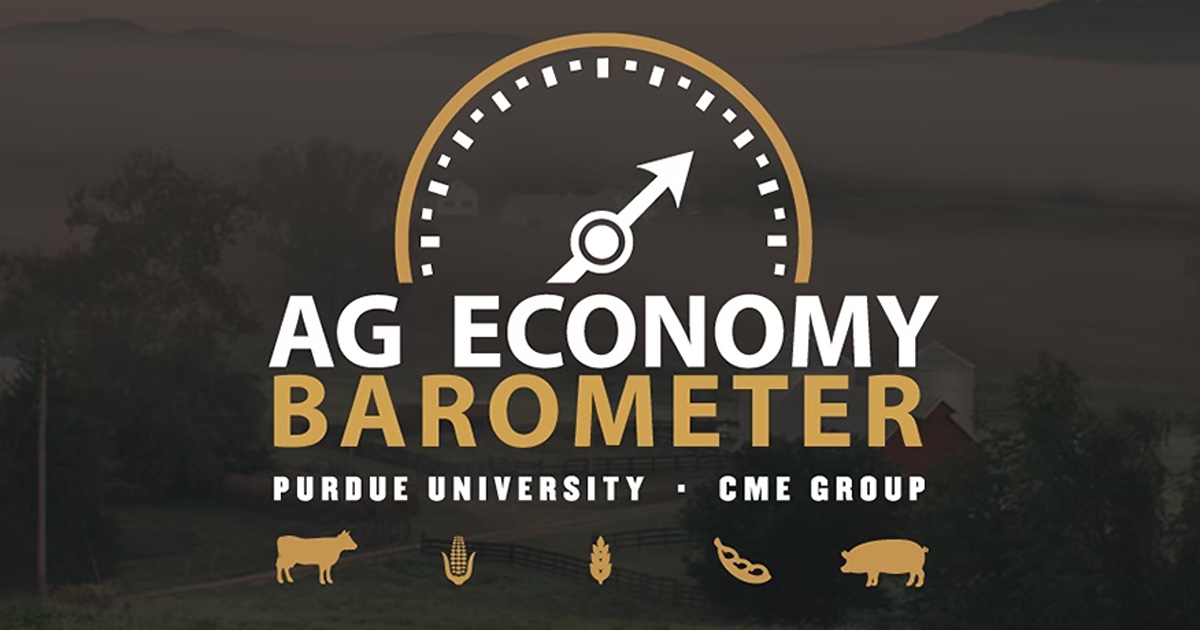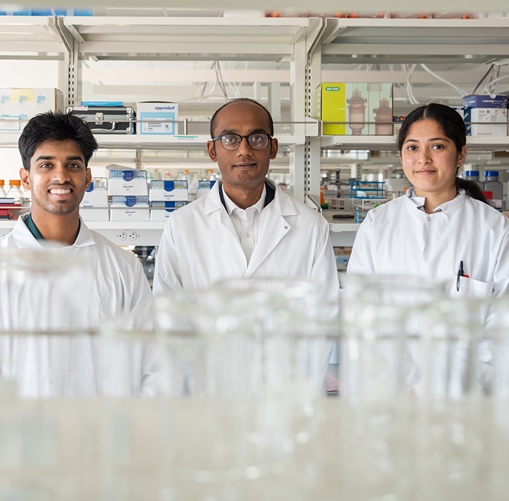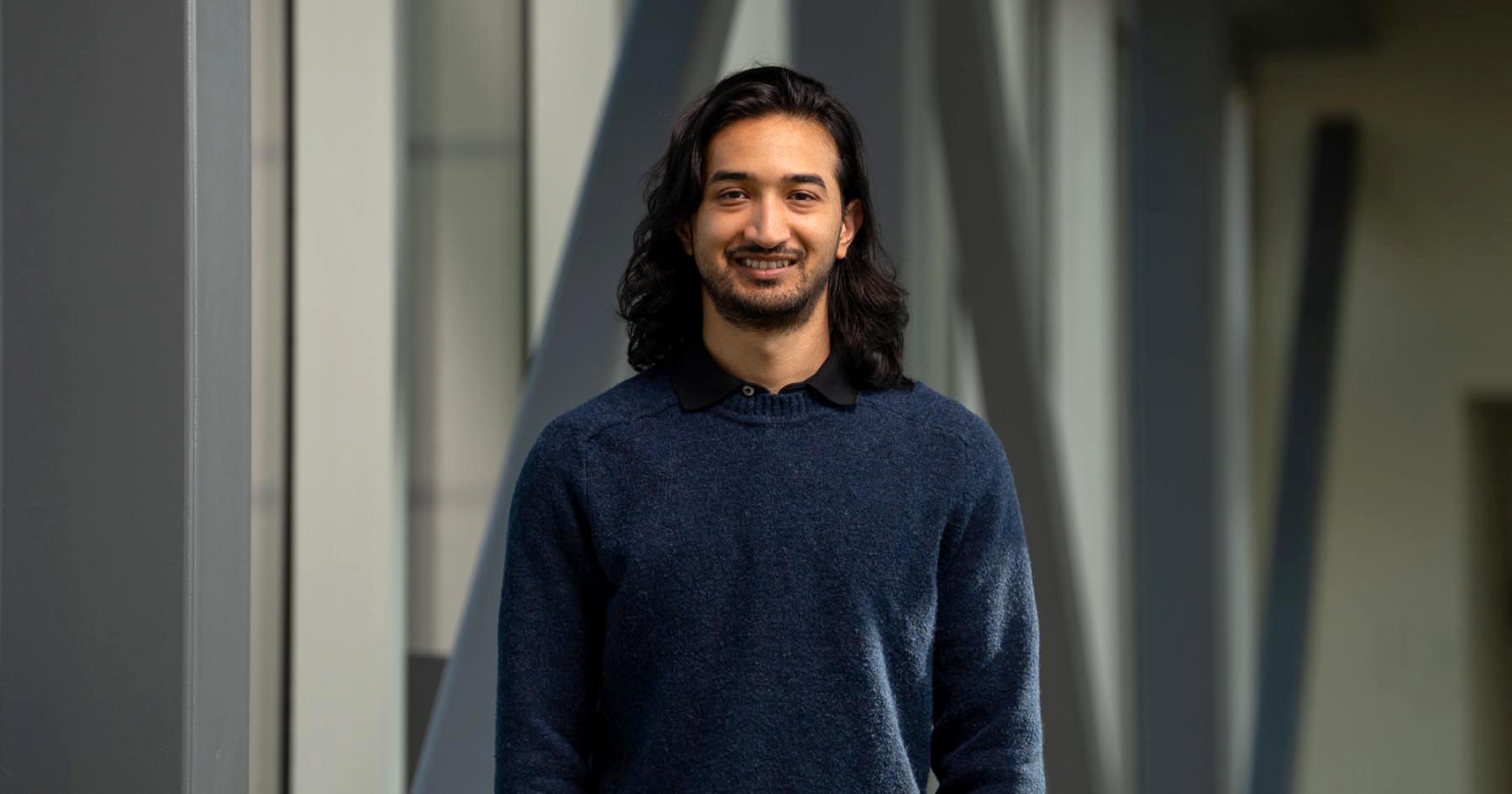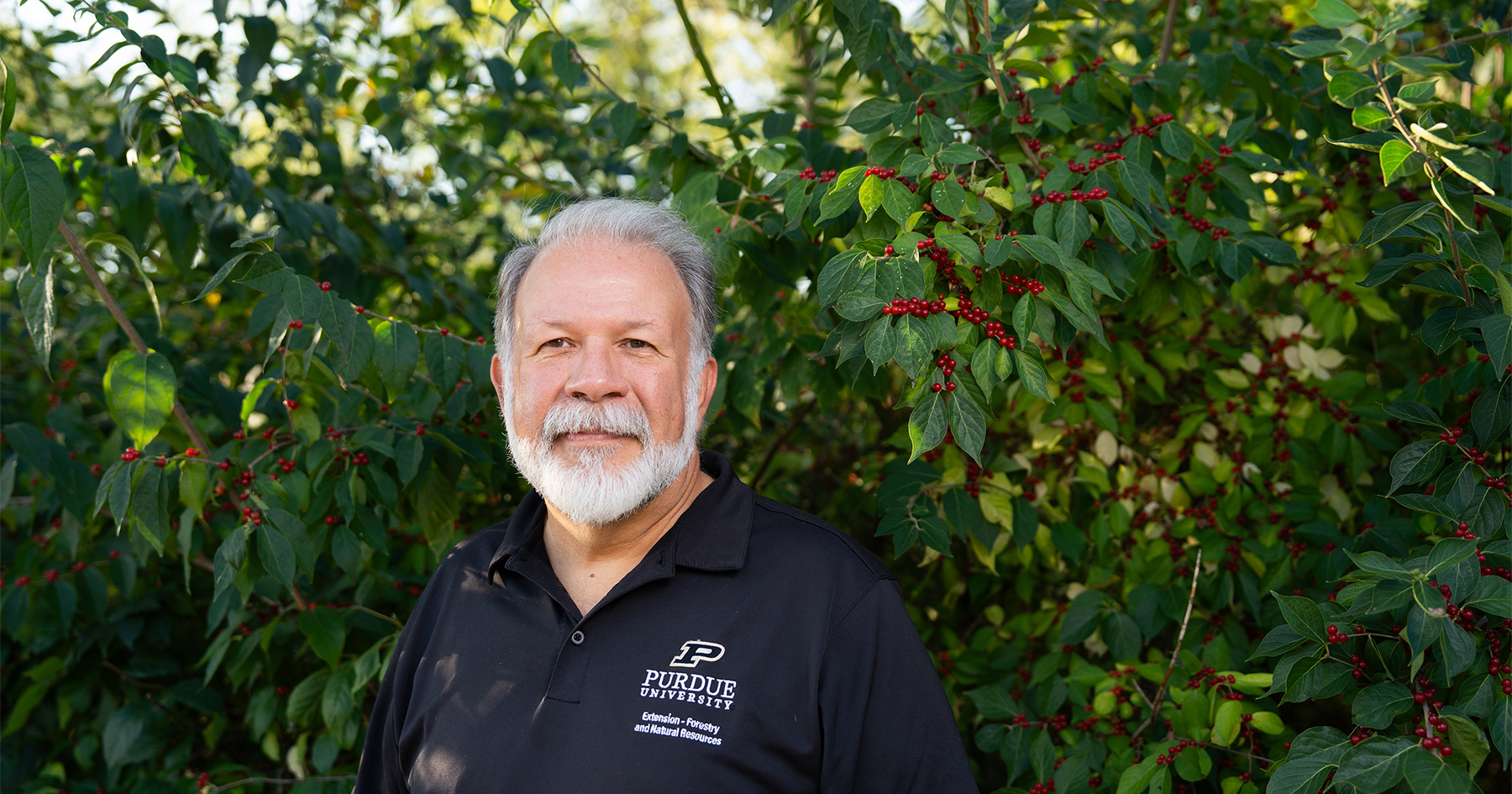Purdue Animal Sciences students explore world agriculture through new international courses
The U.S. is a global leader in animal agriculture. Each year, we produce around 12.3 million metric tons of beef, 12.4 million metric tons of pork and 21 million metric tons of chicken. With those huge production numbers, the U.S. is also the leading exporter of animal sourced foods, and meats produced in Indiana are consumed regularly throughout the world. Purdue Animal Sciences faculty and staff have created several programs that provide our undergraduate students opportunities to not only understand how animals are produced in different countries but how those foods are marketed and consumed as well. (Follow the links at the bottom to learn more about these programs).
This year, Purdue Animal Sciences introduced two such new programs. In the summer of 2024, Dr. Stacy Zuelly, clinical assistant professor, and James Krotz, Purdue Animal Sciences Academic Advisor, led 22 animal sciences undergraduates in a course examining animal agriculture in Germany, Austria, Lichtenstein and Switzerland. The students directly interacted with dairy farmers, meat processors, European research institutes and even a Bernese Mountain Dog breeder.
While study abroad programs offer students opportunities to learn different animal agriculture systems, these programs also allow students to make international connections.
Brenna Janowski, Purdue Animal Sciences senior, noted that her favorite experience was “connecting with students at Weihenstephan-Triesdorf University of Applied Sciences and their brewing institute in Germany. A group of us shared dinner with them at their beer garden later that evening and we explored our cultural similarities and differences, making it an unforgettable experience."
Dr. Ashley York, Coordinator of Academic Advising and Student Services, and Dr. Alan Mathew, professor emeritus and former Purdue Animal Sciences department head, created another study abroad program that introduces Purdue Animal Sciences undergraduates to Greek agriculture systems. The course allows students to experience not only livestock production systems that are quite different from those found regularly in the U.S., but how those systems influence diets and vice versa. Being Greece, the students also experience an ancient culture with this year’s students visiting Meteora, a natural rock formation that is home to 24 Eastern Orthodox monasteries.
For a study abroad program to be successful, they need great in-country partners, and the Greece program is no exception.
“The immersive environment of our partners at Perrotis College helps to foster personal growth, critical thinking and adaptability as students navigate unfamiliar settings, learn from local agricultural producers and explore the rich history Greece has to offer,” York noted.
Students participating in study abroad programs are equipped to work across cultures, which is key for success in both U.S. and global agriculture.
“Many of our graduates will be finding careers with companies and industries with a global presence, or which are impacted by worldwide agricultural production. These types of study abroad experiences offer life-long advantages for their career success,” Mathew noted.
“Visiting Greece allowed me to experience the culture and history through every ruin visited, every food tasted and the kindness of people who welcome you like family,” added Sydney Paneretos, an Animal Sciences senior who participated in the 2024 course.
You can learn more about both programs here: Alpine Adventures, Greece.






